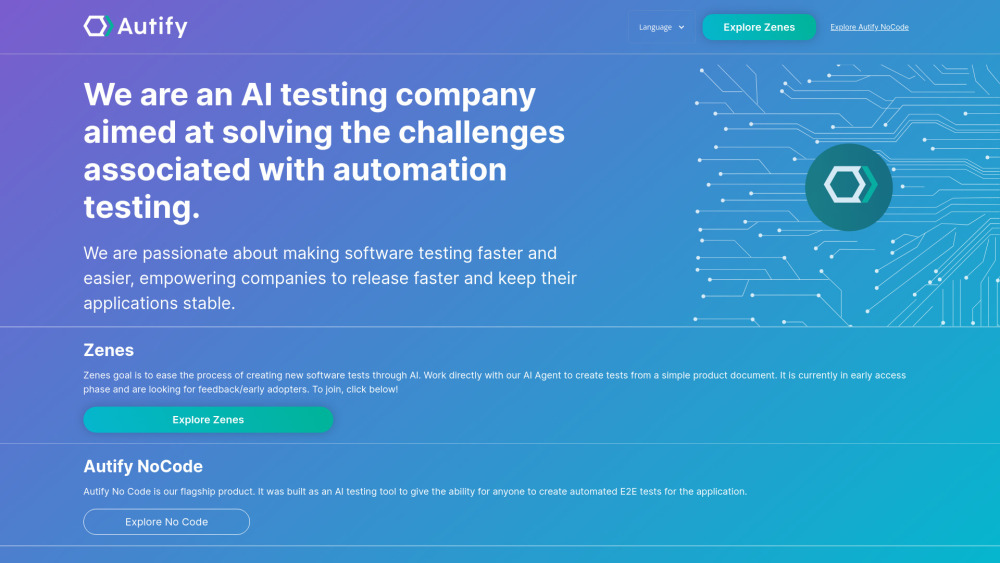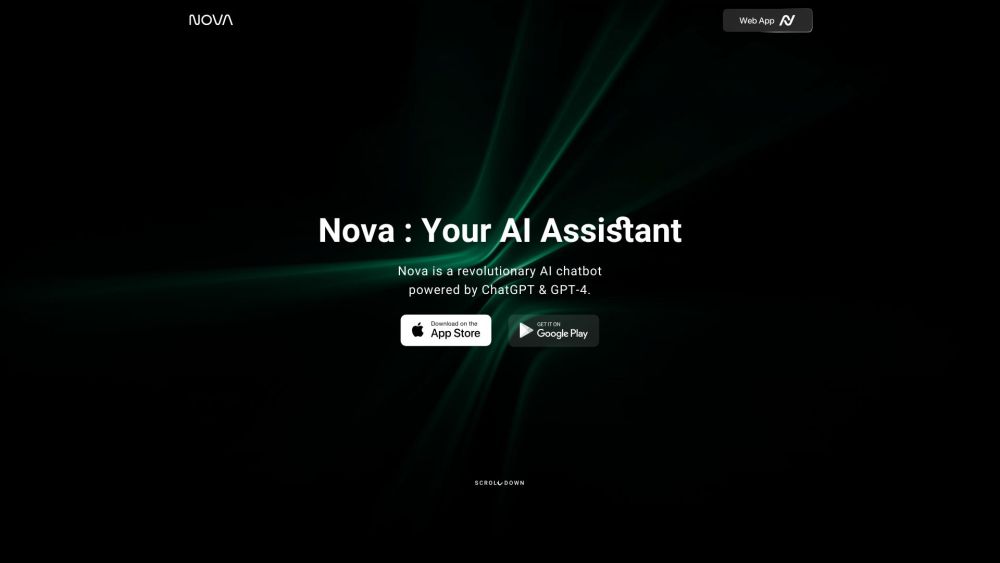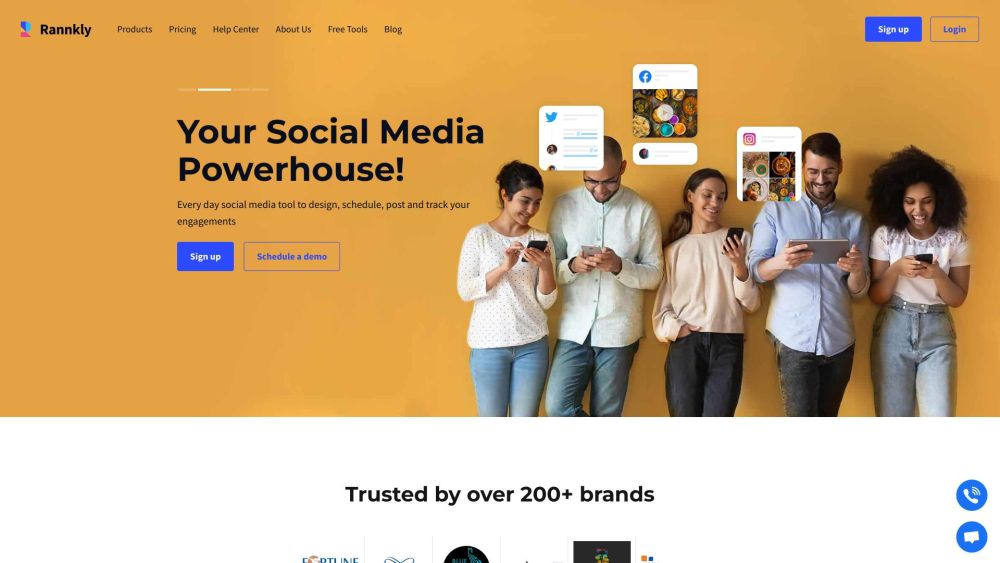OpenAI Employees Warn of Risks from Lack of AI Regulation
Most people like

Interviewsby.ai offers tailored mock interviews that deliver instant feedback powered by ChatGPT.

Introducing our cutting-edge, AI-powered software testing automation platform designed to revolutionize the way you manage and execute software tests. By leveraging the power of artificial intelligence, our platform streamlines the testing process, ensuring enhanced accuracy and efficiency while reducing manual effort. Unlock the potential of seamless software testing and elevate your development cycles with our innovative solution. Experience faster releases, improved product quality, and a significant boost in productivity with our advanced automation technology.

Discover the transformative power of our revolutionary AI chatbot, expertly driven by ChatGPT technology. Engage in conversations that are insightful, dynamic, and tailored to your needs. Whether you seek information, assistance, or companionship, this AI-driven solution opens new doors to interaction and support.
Find AI tools in YBX


